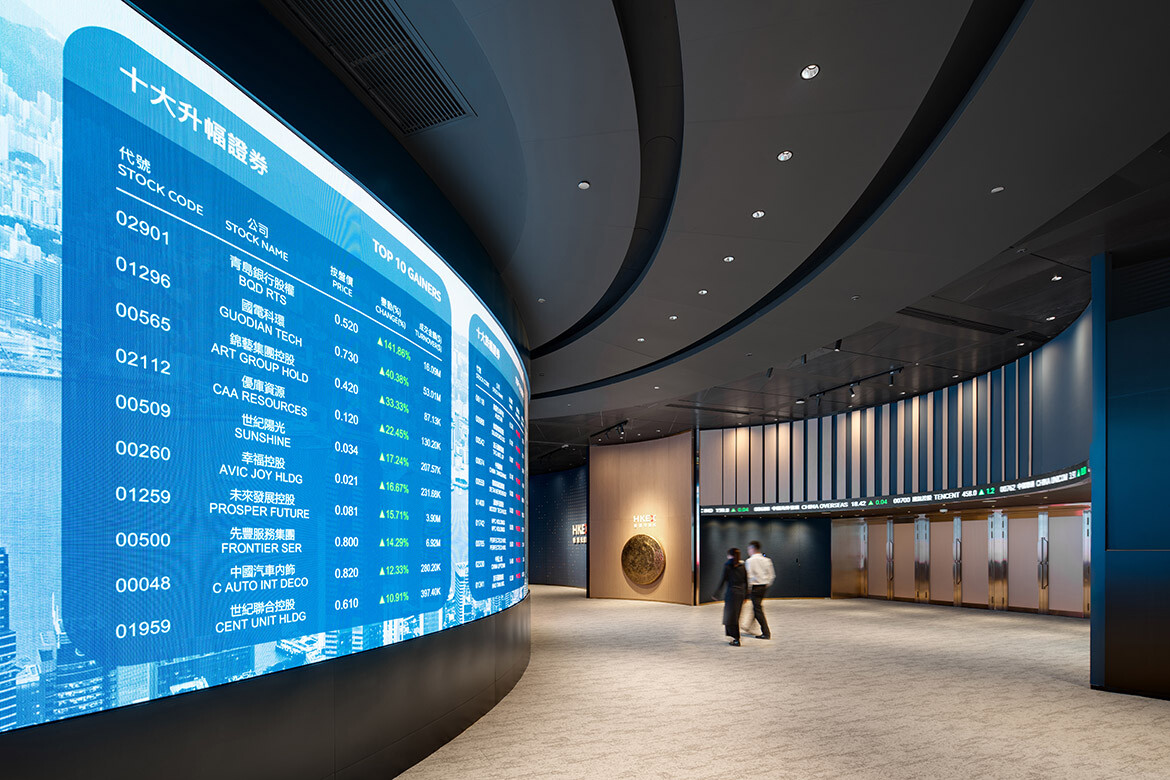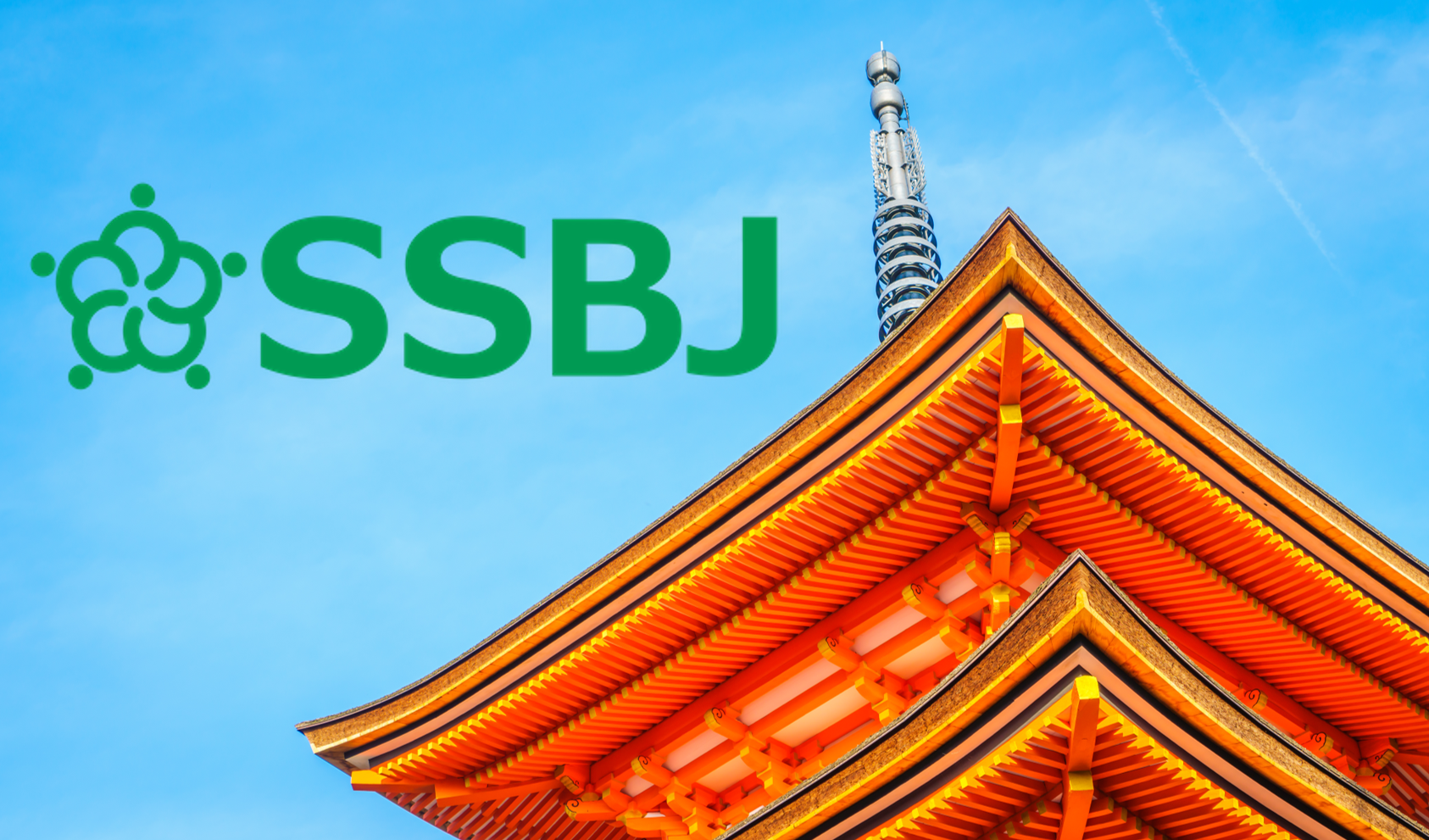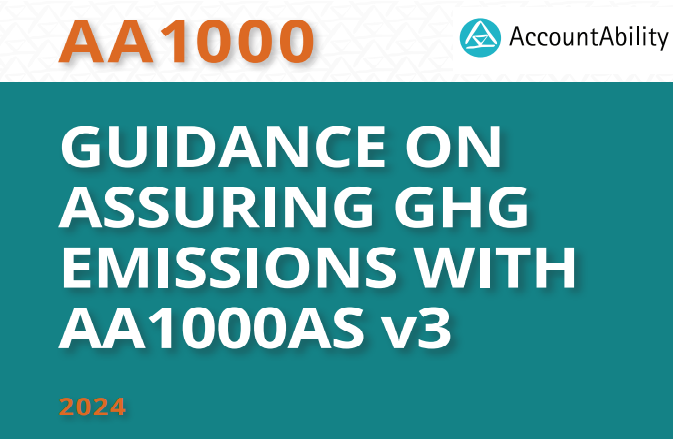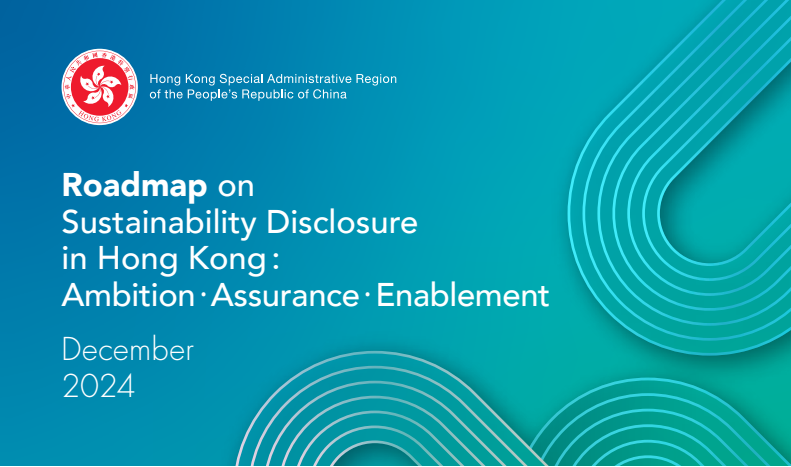Hong Kong Introduces New Sustainability and Climate Reporting Standards
In December 2024, Hong Kong unveiled its roadmap for implementing sustainability reporting and transparency standards, including HKFRS S1 and S2, fully aligned with ISSB requirements. By 2025, Main Board companies will disclose climate data under a “comply or explain” approach, with mandatory reporting extended to major financial institutions by 2028. The plan includes local assurance standards by 2025, green technology development, and skills enhancement.
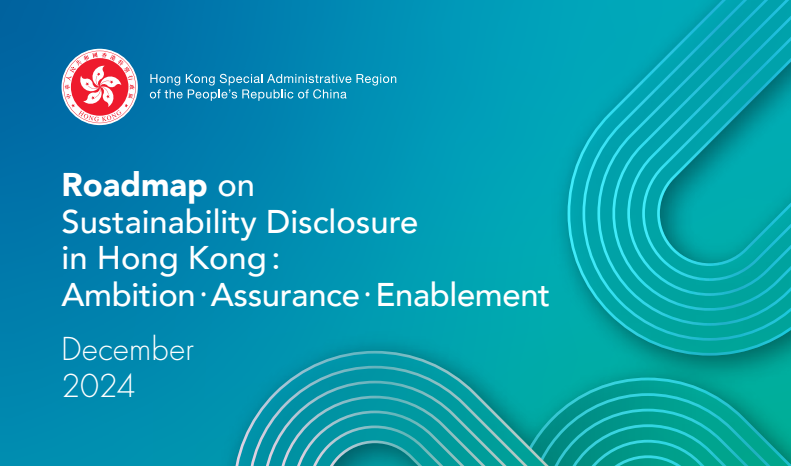
The Hong Kong Institute of Certified Public Accountants (HKICPA) has unveiled a new set of sustainability and climate-related reporting standards, forming the foundation for forthcoming corporate disclosure requirements in the region.
The newly introduced standards, HKFRS S1 General Requirements for Disclosure of Sustainability-related Financial Information and HKFRS S2 Climate-related Disclosures, align fully with the International Sustainability Standards Board’s (ISSB) S1 and S2 frameworks under the IFRS Foundation. This alignment ensures consistency with global sustainability reporting practices, reinforcing Hong Kong’s role as a leader in sustainable finance.
The Roadmap for Sustainability Disclosure
The announcement coincides with the release of the Hong Kong government’s Roadmap on Sustainability Disclosure, which provides a comprehensive framework for the adoption of sustainability standards by publicly accountable entities (PAEs).
The roadmap outlines not only a phased implementation plan, but also the development of a comprehensive ecosystem to support sustainability reporting. This ecosystem encompasses assurance, data and technology, as well as skills and competencies, ensuring robust and credible sustainability disclosures.
Key Milestones of Roadmap
The plan presents a structured approach for implementing sustainability reporting in Hong Kong, with key stages to ensure a smooth transition.
Here are the main steps:
- 2024: The HKICPA plans to finalise Hong Kong’s Sustainability Disclosure Standards (HKFRS S1 and S2) by year-end, with an effective date of 1 August 2025.
- 2025: Main Board issuers will start disclosing climate-related information modelled on IFRS S2 under the “comply or explain” approach from 1 January.
- 2026: Hang Seng Composite LargeCap Index issuers will transition to mandatory reporting.
- 2027: HKEX will conduct market consultations on mandatory sustainability reporting under the Hong Kong Standards for all listed PAEs, targeting full adoption by 1 January 2028.
- 2028: Significant financial institutions not listed as PAEs will also be required to comply with the Hong Kong Standards.
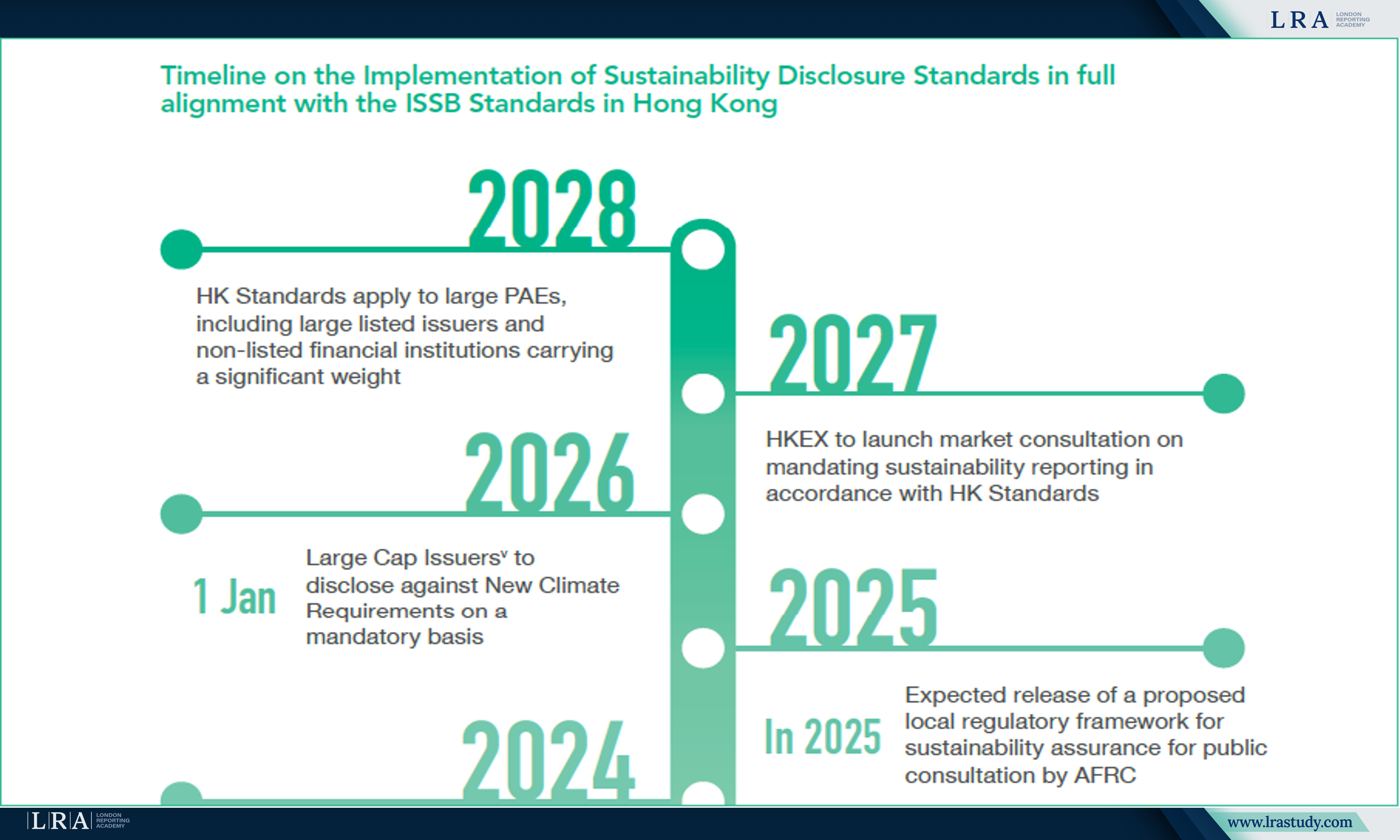
Source: Roadmap on Sustainability Disclosure in Hong Kong, December 2024
Building a Comprehensive Ecosystem
The following key initiatives are outlined to support the implementation of the roadmap, ensuring a structured approach and successful achievement of the set objectives.
Assurance
The HKICPA will develop local assurance and ethics standards fully aligned with international frameworks. The finalised standards are expected by the end of 2025. The Accounting and Financial Reporting Council (AFRC) plans to release a proposed local regulatory framework for assurance for public consultation in 2025.
Data and Technology
The Green and Sustainable Finance Cross-Agency Steering Group (Steering Group) will promote the quality and availability of sustainability data through a multilateral approach. Initiatives include fostering green fintech innovation, deploying free data-processing tools, and expanding Hong Kong’s Sustainable Finance Taxonomy.
Skills and Competencies:
Members of the Steering Group and the HKICPA will drive capacity-building efforts locally, regionally, and internationally. These efforts will include workshops, webinars, publications, training programmes, certification initiatives, and technical committee discussions. Collaboration with industry professionals, stakeholders, and regulators will ensure the adoption of best practices in sustainability reporting.
Collaborative Governance
The roadmap has been developed with the support of the Steering Group through a dedicated task force co-led by the Financial Services and the Treasury Bureau (FSTB) and the Securities and Futures Commission (SFC). Members of the task force include the Hong Kong Monetary Authority (HKMA), Insurance Authority (IA), Mandatory Provident Fund Schemes Authority (MPFA), AFRC, HKEX, and HKICPA.
Opportunities for Businesses
The roadmap highlights significant benefits for businesses, including:
- Enhanced access to global capital through alignment with global sustainability standards.
- Improved competitiveness in international markets, as alignment with the ISSB framework ensures businesses meet global investor expectations and demonstrate a commitment to sustainability.
- Increased transparency and credibility of sustainability disclosures, boosting investor confidence and aligning with best practices in corporate governance.
- The development of local expertise in sustainability reporting, supported by training and certification programmes, will equip businesses with the necessary skills to meet new reporting requirements.
- The ability to innovate and leverage emerging green technologies, supported by government initiatives and the growing green fintech sector.
This structured approach will not only help businesses comply with new regulations but also enable them to gain a competitive edge in a rapidly evolving global marketplace focused on sustainability. By 2028, all listed publicly accountable entities (PAEs) and significant financial institutions in Hong Kong will be fully aligned with the new standards, ensuring Hong Kong remains a key hub for sustainable finance and corporate transparency.
Conclusion
As Hong Kong moves towards a greener future, businesses will play a critical role in shaping the sustainability landscape, fostering growth, and positioning themselves as leaders in sustainable business practices. The roadmap offers a clear, actionable path for businesses to navigate these changes, ensuring that they are well-prepared for the future of sustainable finance.
